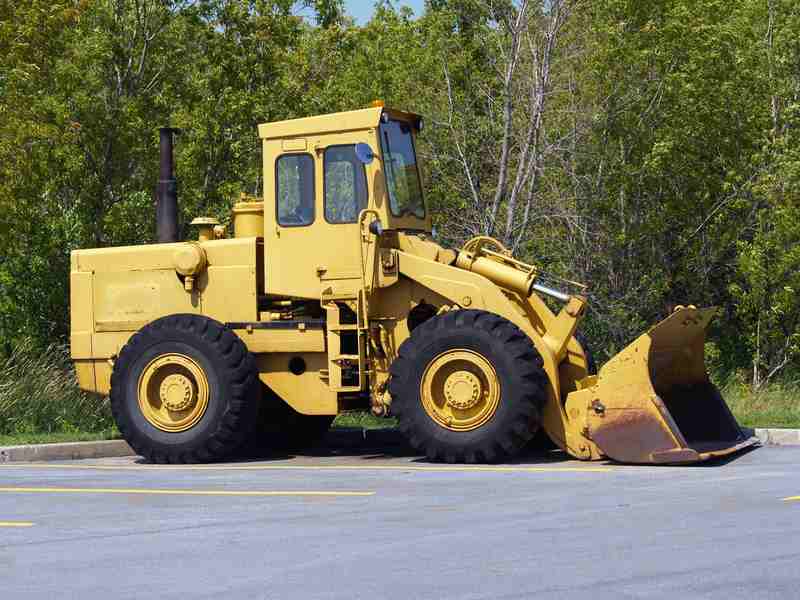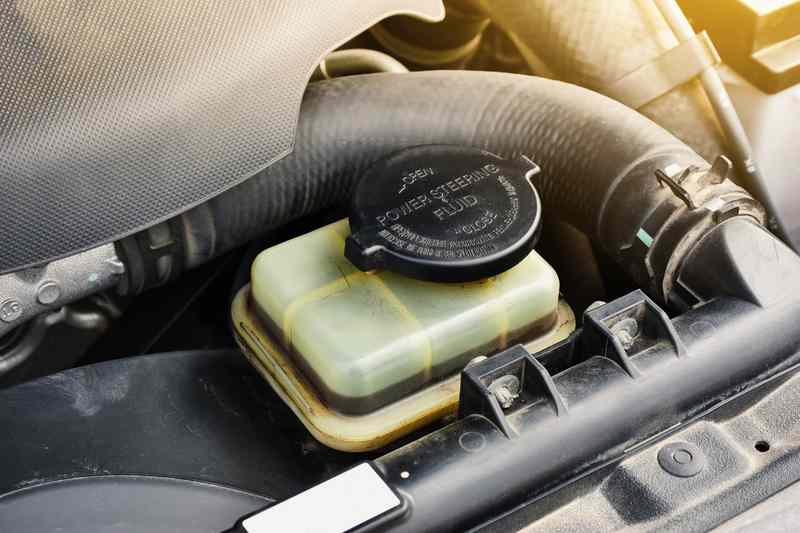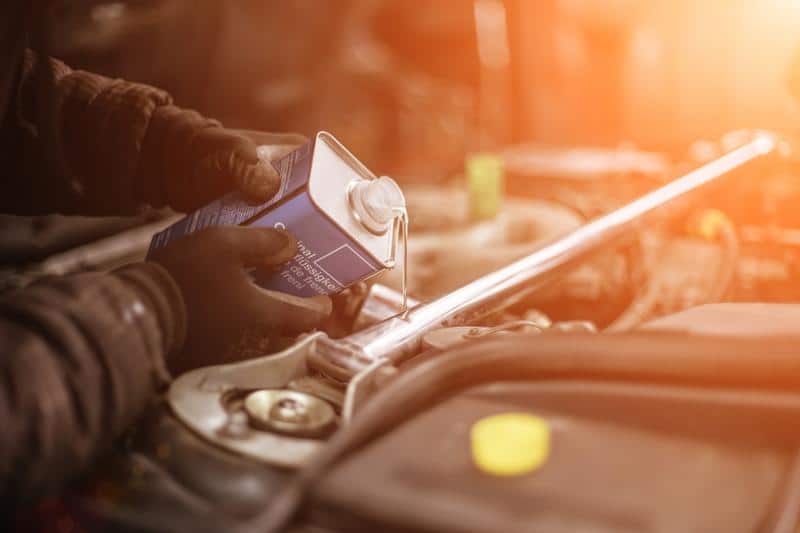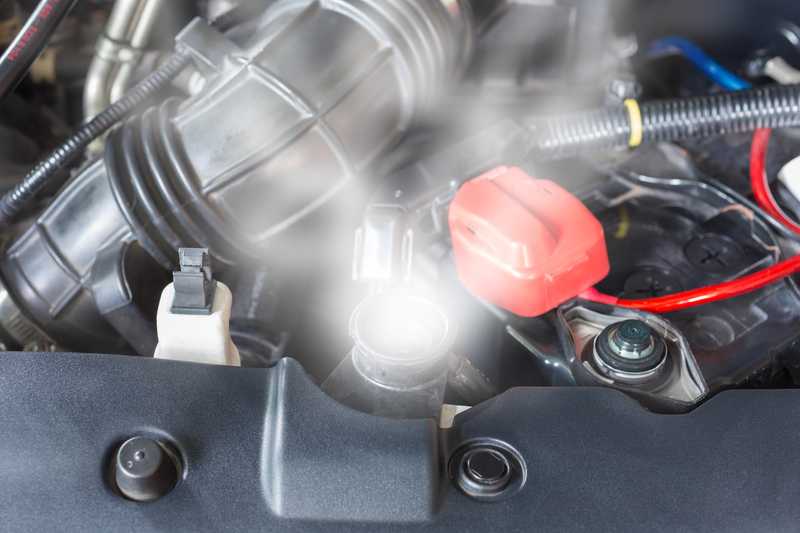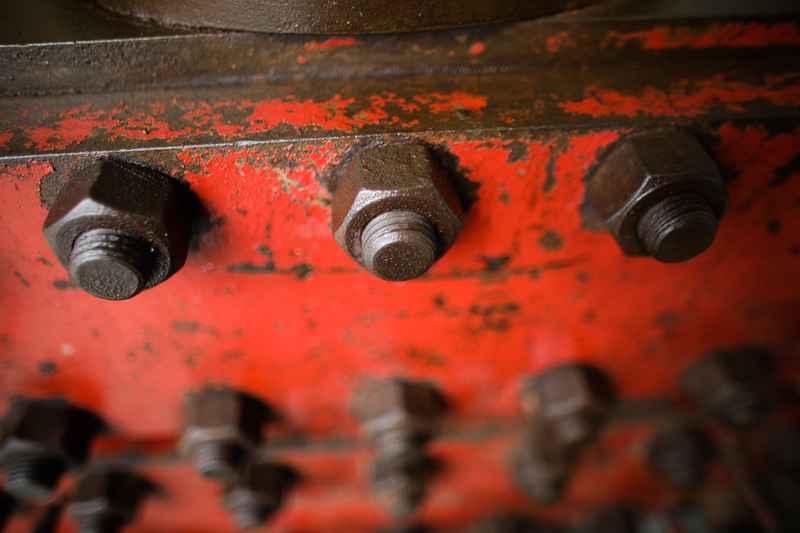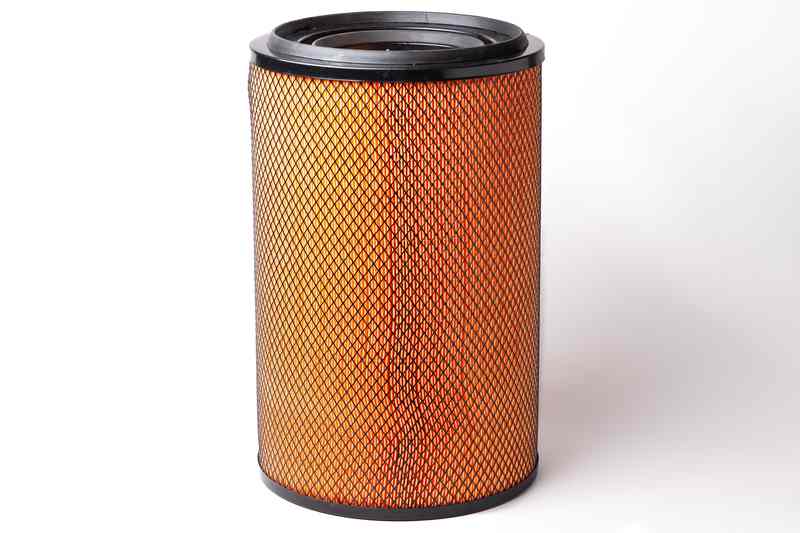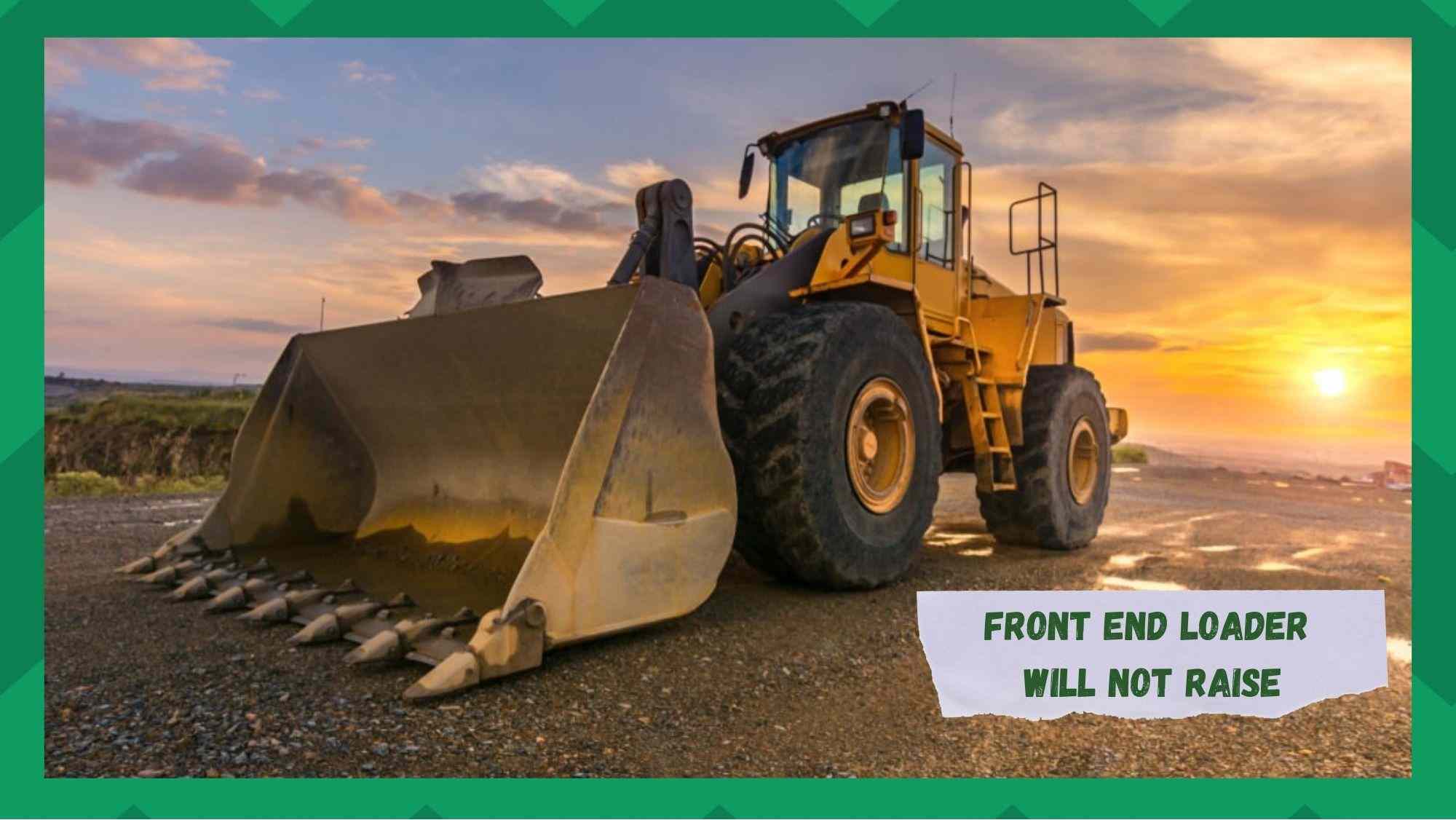
Front-end loaders have become increasingly popular over the past few years, thanks to the benefits they offer. They have a high carrying capacity and are used in construction sites to lift heavy materials such as soil, sand, stones, trash, etc.
They are versatile equipment that can attach a variety of attachments. Instead of tracks, they feature wheels for easy mobility.
In addition to that, front-end loaders also ensure your workers’ safety as they will no longer have to risk their lives and perform dangerous tasks. What’s the best part?
With this equipment, you will complete your project quickly, saving you a great deal of time. No matter how big or small your project is, a front-end loader will be a worthwhile investment.
With that out of the way, every piece of machinery develops problems over time, and the front-end loaders are no exception. The front end loader not raising is a common problem that you may face while using this equipment.
When this problem occurs, the unit stops going up and down. This could be quite annoying for the user as this problem keeps the front-end loader from lifting weight.
But why does this problem happen, and more importantly, what to do if your front-end loader stops raising? In this article, we will outline some reasons for this problem, along with their simple solutions. Let’s delve deeper without any further ado!
Front End Loader Will Not Raise
Front end loader not raising? Here are some reasons and solutions!
The most common cause of the front-end loader not raising problem is insufficient hydraulic fluid. Any expert will tell you the importance of hydraulic fluid for the proper functioning of a front-end loader.
A front-end loader uses the hydraulic system to lift weights and perform other tasks. The hydraulic system is powered by hydraulic fluid, which is an incompressible fluid that transfers the energy your front-end loader needs to do its job.
Furthermore, it reduces friction by lubricating several components of your hydraulic system.
In addition to that, the hydraulic fluid is also responsible for dissipating heat produced by the hydraulic system of your front-end loader. All in all, the hydraulic fluid serves many purposes and ensures the proper functioning of your front-end loader.
So, if your front-end loader is not raising the bucket, consider checking the quantity of oil in your front-end loader. Before checking the hydraulic fluid of your front-end loader, park it on the level ground first.
This way, you will get an accurate reading. And yes, do not forget to turn off the engine before starting the procedure.
Most front-end loaders nowadays come with a hydraulic fluid level gauge that helps you measure the hydraulic fluid level easily. It has high and low readings that represent the hydraulic fluid level in the reservoir.
Ideally, the oil level of your front-end loader should be in between the high and low marks of the hydraulic fluid gauge.
If found low, go to your nearby hardware store and get hydraulic fluid. Then simply refill the tank, and it will likely fix the front-end loader, not raising problem.
And yes, make sure to bleed air from the tank first. Some models feature a knob placed near the tank for this purpose. Press the knob to get the air out of the reservoir.
It is important to note that bleeding the air from your hydraulic fluid tank is an important process. Air in the reservoir can degrade the hydraulic fuel and cause harm to various other components of your front-end loader.
Furthermore, it can also cause overheating in rare cases. So, do not forget to bleed air from the system and make sure the clamps are tight.
Once you have refilled the hydraulic fluid in your front-end loader, consider checking the gauge again. If the level is still low, add more fuel. Furthermore, make sure not to overfill the tank. If there is too much oil in the system, it may result in overheating, causing your hydraulic fluid to degrade faster.
- Controls
Faulty controls can also cause this problem in the front-end loaders. In most front-end loaders, this feature is controlled by a joystick. Of course, if there is something wrong with the joystick, the front-end loader will not raise.
Check its buttons for any signs of damage. If they are broken or damaged, simply replacing them will resolve this issue.
Having said that, a joystick is a complicated component, so consider visiting your mechanic to get it checked. They will examine its components and fix it.
Furthermore, consider checking the valves of your front-end loader. If the supply of the fluid through some valve is restricted, it may lead to this problem.
Foreign particles can get stuck inside the valves and block them, leading to restricted fluid flow. If that’s the case, cleaning the valve will help you get rid of this problem.
- Loader Vibrating Too Much
Excessive vibration is another possible reason for the front-end loader not raising problem. Vibration is normal in front-end loaders and is quite manageable. However, excessive vibration can make your front-end loader difficult to use.
If your loader vibrates a lot when you try to lift the bucket, there is definitely something wrong with the unit. This problem usually happens when clamps or brackets go loose. So, start by checking the clamps of your front-end loader. If found loose, simply tighten them to troubleshoot this problem.
Another possibility could be worn-out engine mounting bolts. The purpose of these bolts is to absorb the vibration of the engine and are often found under the engine.
They can go bad over time, and when they do, your front-end loader will start vibrating. If so, consider replacing them, and the problem will go away.
- Disturbance In Power Supply
If the power supply of your front-end loader is restricted, it may not raise or lift a bucket. Fuel is the source of energy, so this problem arises when the fuel flow is disturbed. There could be many reasons for restricted fuel flow, including clogged fuel filters and fuel lines.
A fuel filter holds key importance in the smooth working of your engine. It removes impurities, such as rust, and dust particles, from the fuel, stopping them from entering the engine of your front-end loader.
However, those particles can block the filter over time. Not only will it affect the fuel flow, but it will also reduce the fuel efficiency of your engine.
So, visually check the fuel filter of your front-end loader. If it is clogged, get it replaced from your nearby workshop.
If the fuel filter is not the problem, proceed to check the fuel lines. These lines can get clogged by carbon residue produced in the combustion process. If they appear blocked, consider replacing them right away to avoid any further damage.
Maintenance is the key to preventing such situations. So, set a maintenance routine and get your front-end loader serviced regularly.
The Bottom Line
The front-end loader is a preferred option for construction-related projects, thanks to its high mobility and load-carrying capacity. However, many users reported that it does not lift the bucket sometimes.
It can be due to insufficient hydraulic fluid or excessive vibration in the unit. Consider trying the solutions mentioned in this article to troubleshoot this problem.

